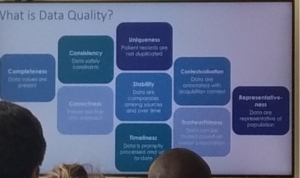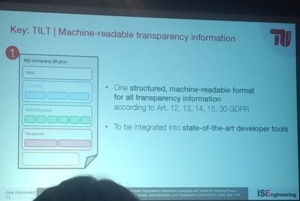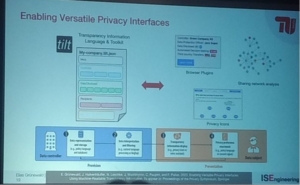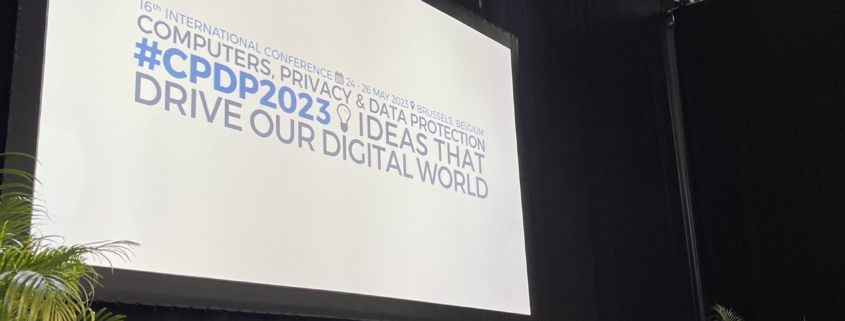Participant Insights: ESR Xengie Doan Reveals the Top Highlights of CPDP 2023 Conference
I attended CPDP 2023 and found two events very interesting and pertinent to my thesis topic regarding user-centered digital collective consent for genetic data sharing in the EU.

First, I attended a workshop on Wednesday about the Trustworthy (re)use of health data endorsed by the EHDS organized by The European Institute for Innovation through Health Data ( i~HD).
Maria Christofidou from i~HD presented about consent the types of consent that were growing in the field, though they did point out that the EHDS does not endorse a specific type of consent, but instead suggested other legal bases for processing data. This was especially interesting to me as I am working on another model of consent, collective consent, which might be at odds with the EDHS as it currently stands. However, the speaker was unsure if consent would be replaced by other legal bases or if it would still continue to be used, but also have other legal bases as stated by the EDHS.
Then, the second speaker presented issues with data quality to make the data reusable. It was a manifold issue with only a few aspects that could currently be objectively measured, such as uniqueness (lack of duplication) while concepts like trustworthiness or representativeness were much more conceptual and difficult to be measured with current tools.
The workshop then proceeded to certification measures from the i~HD and a lively conversation with people working in complex  multinational health data-sharing efforts who were unsure about the usefulness of the EDHS for facilitating easier data sharing, as it seemed to only add EU certifications on top of specific national requirements (which were sometimes at odds).
multinational health data-sharing efforts who were unsure about the usefulness of the EDHS for facilitating easier data sharing, as it seemed to only add EU certifications on top of specific national requirements (which were sometimes at odds).

Some other very interesting speakers spoke about the new offerings for privacy technology including Privado, and adversarial transparency to investigate a company’s actual practices when they are obscured (e.g. Meta).





